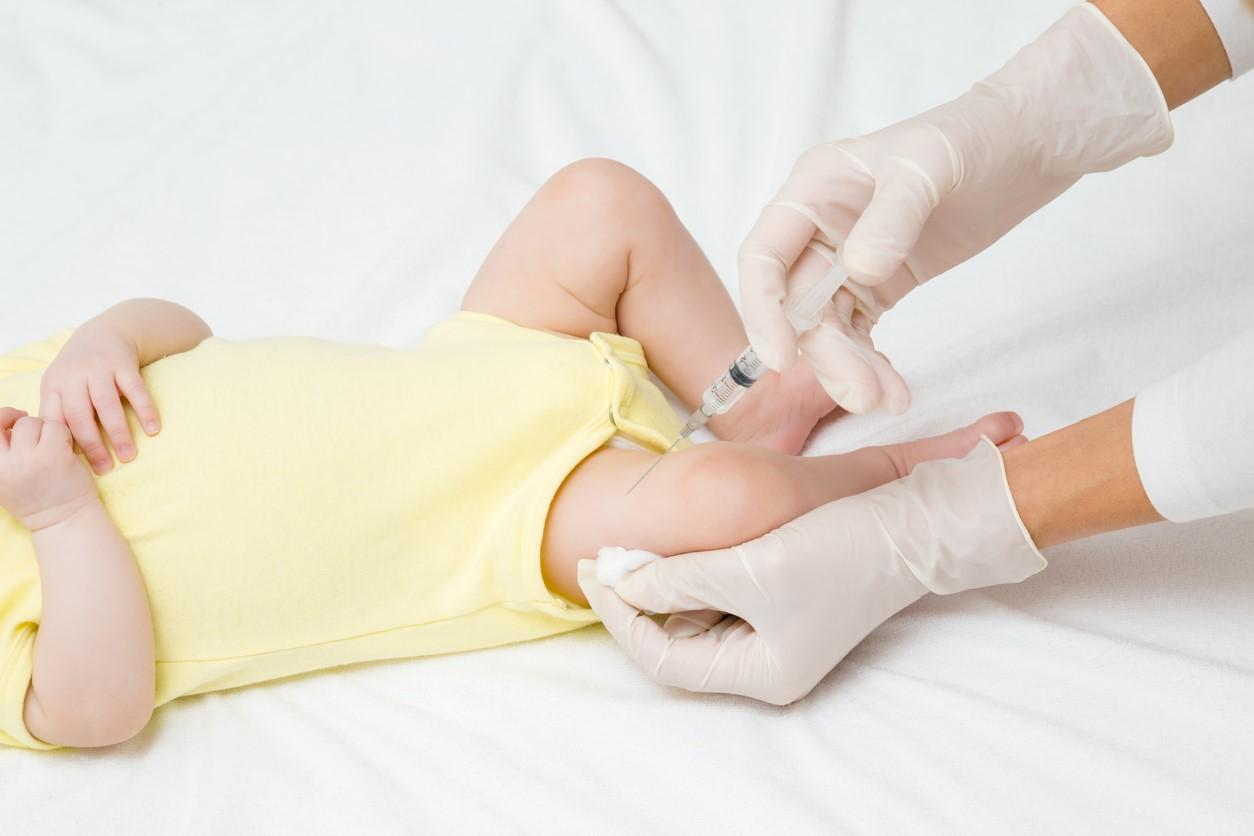Over the weekend, the World Health Organization (WHO) confirmed it began a Jynneos vaccination campaign in the Democratic Republic of the Congo (DRC) in an effort to stem an ongoing mpox outbreak.
The DRC has reported more than 30,000 suspected and laboratory-confirmed mpox cases this year, including 990 deaths. The outbreak has spread to 15 other African nations.
A total of 265,000 doses of Jynneos, donated by the European Union, were distributed in the DRC. According to the WHO, the vaccination campaign will be rolled out in 11 of the most affected health zones in Equateur, North Kivu, Sankuru, South Kivu, Sud-Ubangi, and Tshopo provinces.
Our top priority is to secure safe and effective vaccines for children in the next phase of vaccination
"Africa CDC remains committed to working closely with the DRC to ensure vaccines reach those who need them the most, while also working to strengthen health systems to prevent future outbreaks. Our top priority is to secure safe and effective vaccines for children in the next phase of vaccination," the Africa Centres for Disease Control and Prevention (Africa CDC) said in a press release announcing the start of the vaccine campaign.
North Kivu province is first target
Health workers in North Kivi province are among the first to receive the vaccines. North Kivi has been a hotspot for the current outbreak: 34% of the reported confirmed cases are individuals living in camps for internally displaced people, and approximately 75% of mpox cases in the province are among children 0 to 17, according to the latest situation report on the outbreak.
Case investigations have shown mpox transmission in North Kivu is exclusively human-to-human, with about a third (34%) of the cases reporting sexual contact as the mode of transmission. Among those cases, over half are reported to occur in sex workers (52%).













